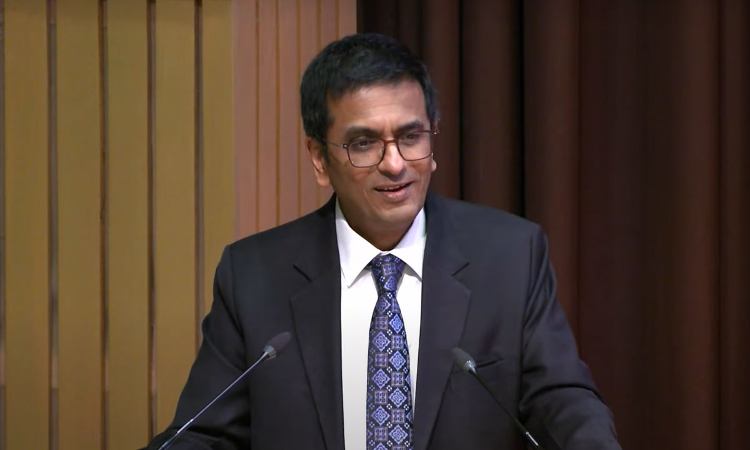CJI Chandrachud Disapproves Lawyers Striking, Calls For Dialogue & Understanding
LIVELAW NEWS NETWORK
19 Nov 2022 10:15 PM IST

Next Story
19 Nov 2022 10:15 PM IST
Amid the ongoing strike by the lawyers of Gujarat and Telangana High Courts against the collegium proposals to transfer judges, Chief Justice of India DY Chandrachud on Saturday disapproved such protest measures by advocates.When lawyers strike, the greatest sufferers are not the lawyers themselves, or the judges, but the consumers of justice, for whom the lawyers exist in the first place,...
